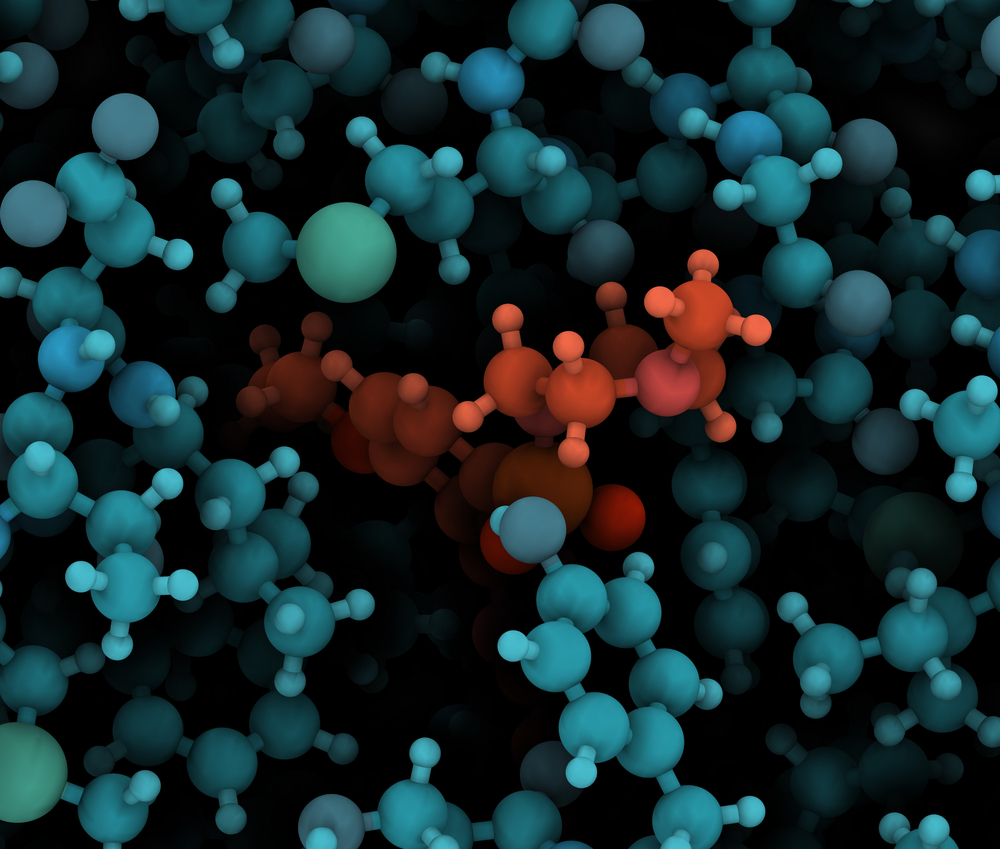In a recent study published in Nature journal entitled “Progesterone receptor modulates ERα action in breast cancer“, scientists found that the female hormone progesterone may help in breast cancer treatment.
Cancer is a disease in which cells grow abnormally with the potential to invade/spread to other locations. Many parts of the body can be affected by cancer including skin, lung, and digestive tract. In women, breast cancer accounts for 25% of all cancer cases, and can be recognized by various signs including change in breast shape, skin dimpling, lump in the breast, red scaly patch of skin, and fluid coming out from the nipple. Patients with breast cancer may experience a variety of symptoms like shortness of breath, yellowish skin, bone pain, and swollen lymph nodes. A variety of risk factors have been pointed out to contribute towards the development of breast cancer such as genetics, smoking, use of hormonal birth control, pollution by certain types of chemicals, radiation, and some medical conditions like diabetes. Breast cancer can be managed by various ways depending on the stage of cancer and age of the patient. This includes surgery involving physical removal of the tumor with part of surrounding tissue, radiation therapy, and medications like chemotherapy.
Another important class of medication frequently utilized for the treatment of breast cancer is based on hormone blocking therapy. Usually, breast cancers require estrogen to continue growing. Two types of hormone receptors have been identified: i) estrogen receptors and, ii) progesterone receptors. Cancers positive for estrogen receptors can be treated by drugs that either block the production of estrogen or block the receptors. Importantly, women with breast cancers positive for progesterone receptors usually have better disease outcomes, however the reasons behind this phenomenon were not fully understood.
This study reports new insights into the benefits of progesterone receptors as the team used cutting edge technology to identify and understand the mechanism of action behind these receptors. The results suggested that progesterone changes the behavior of estrogen receptors and slows down tumor growth. This means that progesterone has the potential to slow down the development of breast tumors.
Based on these results the authors believe it is important to investigate the benefit of adding progesterone to medications which target the estrogen receptor. This could provide a cheap and safe drug that could potentially improve treatment for half of all breast cancer patients.

